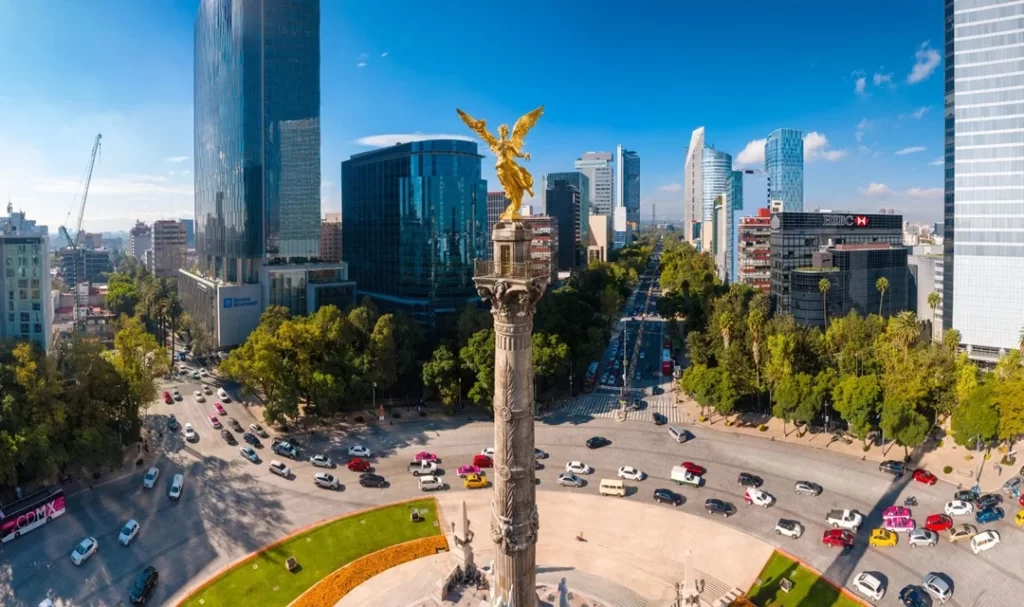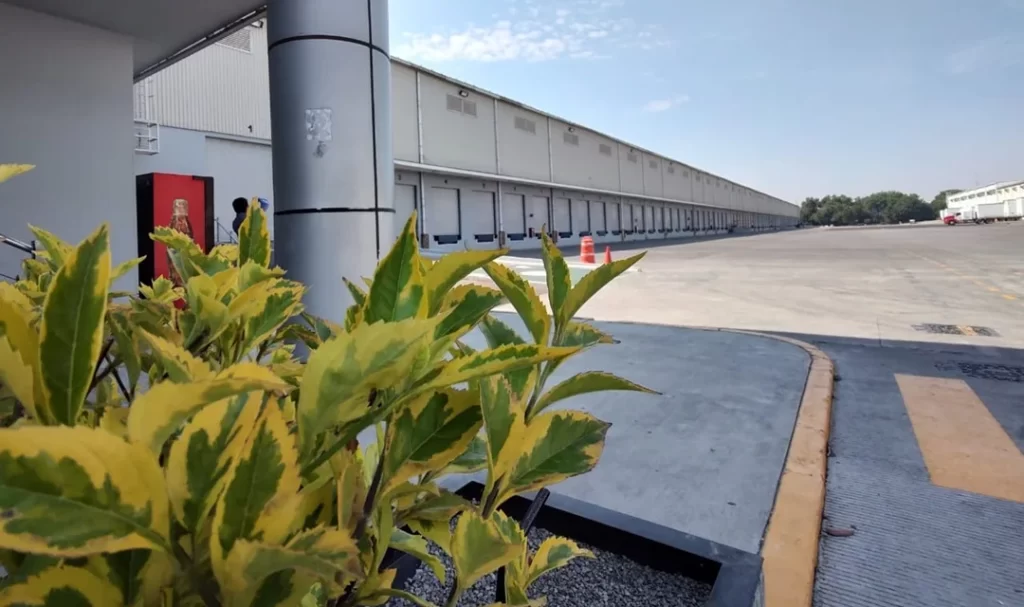In recent months, sea freight orders have been hitting all-time highs (both in number and price) for multiple reasons: the ever-increasing anticipation of Christmas purchases, the fear of Houthi attacks in the Red Sea that is changing routes to South Africa to avoid tensions (which considerably lengthens journeys and increases prices), possible strikes in some US ports or the fear that China, the world’s factory, will increase tariffs.
These are aspects that are changing the rules of the game in global trade and are echoing louder and louder concepts such as nearshoring, which moves factories away from Asia and instead to nearby locations with time zones similar to the destination countries.
An outsourcing strategy that emerged as a response to the offshoring that was widespread in global trade until now, which centralized virtually all production in Asia (with China as its leading exponent) to reduce costs. And it showed its vulnerability especially during the pandemic, although in recent months we have seen other cases that have undermined this concept.
Mexico, example of nearshoring with the USA

We at Logisfashion, as an international logistics operator, are seeing this nearshoring, as many American companies that manufactured in China are moving their production closer to Mexico thanks to its key strategic location, given its ports with access to the Atlantic and Pacific and its 3,145 km of border with the largest economy in the world, which increases the movement of goods in the country and allows for improvements in efficiency, quality of service, responsiveness, flexibility and environmental sustainability.
An action that is accelerating due to factors such as the increasingly difficult relations between China and the US, the ease of the USMCA in promoting trade between Mexico, the US, and Canada and other trade agreements, the lower labor costs in Mexico compared to its northern neighbors, the security of its supply chain, or the good performance of the national industry.
But for this phenomenon to be consolidated in this Latin American country, a series of characteristics are needed that must be encouraged, such as:
- Guarantee basic supplies such as electricity and water.
- Invest in training to avoid a shortage of talent with the necessary preparation. Mexico has a highly qualified workforce in areas such as technology, engineering, manufacturing and services.
- Improve infrastructure to balance freight logistics costs and reduce risks caused by distance.
- Improve security.
“As a government, we have the enormous challenge of consolidating Mexican ports as cutting-edge logistic centers. It is necessary to have the tools to respond to the needs of global trade. And this is only possible if we collaborate with the stakeholders in port operations,” said Ana Laura López, General Coordinator of Ports and Merchant Shipping of Mexico.
But despite all that remains to be done, nearshoring is a reality that is already making itself known in the Mexican economy. Its Finance Secretary, Rogelio Ramírez de la O, has estimated that foreign direct investment (FDI) in Mexico in 2024 will exceed last year’s record thanks to this phenomenon: they have already received 93 investment announcements for the country so far this year, with a total expectation of 36,153 million dollars.
In addition, it is estimated that between 2024 and 2025, 495 new companies will arrive in Mexican industrial parks (AMPIP). And of these companies, it is believed that 20% will be of Chinese origin.
This will allow for job creation, increased productivity and the development of innovative technologies, and will boost the country’s image in the world.

At Logisfashion, we have experience in all sectors, the necessary team and infrastructure to support clients in the new opportunities presented by nearshoring. We also have highly experienced customs agents at the border who work with important international clients, allowing us to offer customs clearance services.
Through agents of the networks to which we belong (WCA, WWPC), we can offer maritime, air and land export services in the USA, as well as land operations within the United States.
As we can see, opportunities are abundant, but there are still challenges that the private sector as a whole must face in order to meet the needs demanded by the relocation of companies. At Logisfashion, we have been working in Mexico since 2006 and positioning ourselves as one of the essential logistics operators in the new logistics to come. And which will change the current paradigm of the global supply chain.

